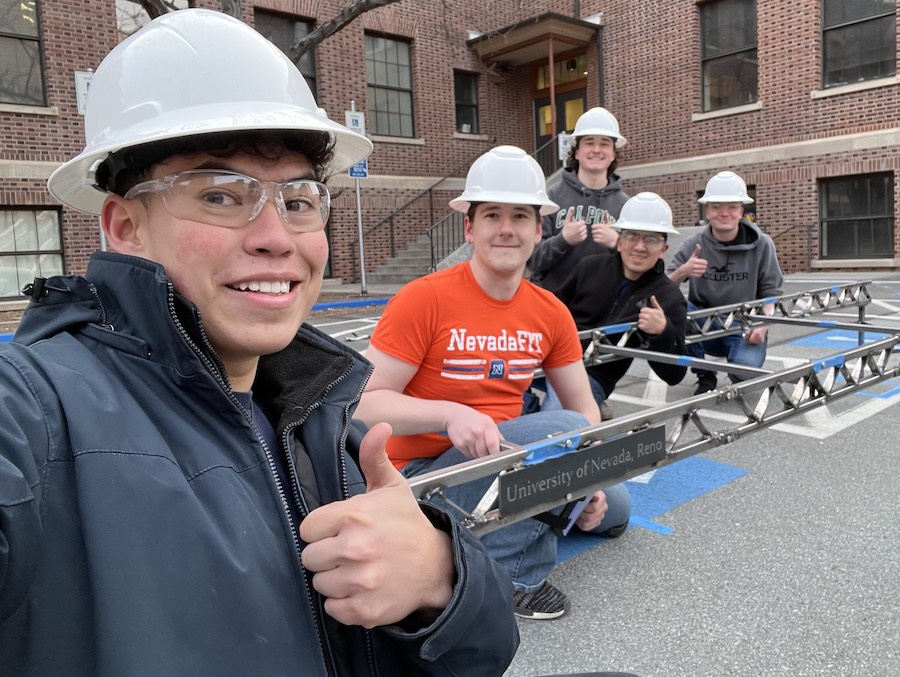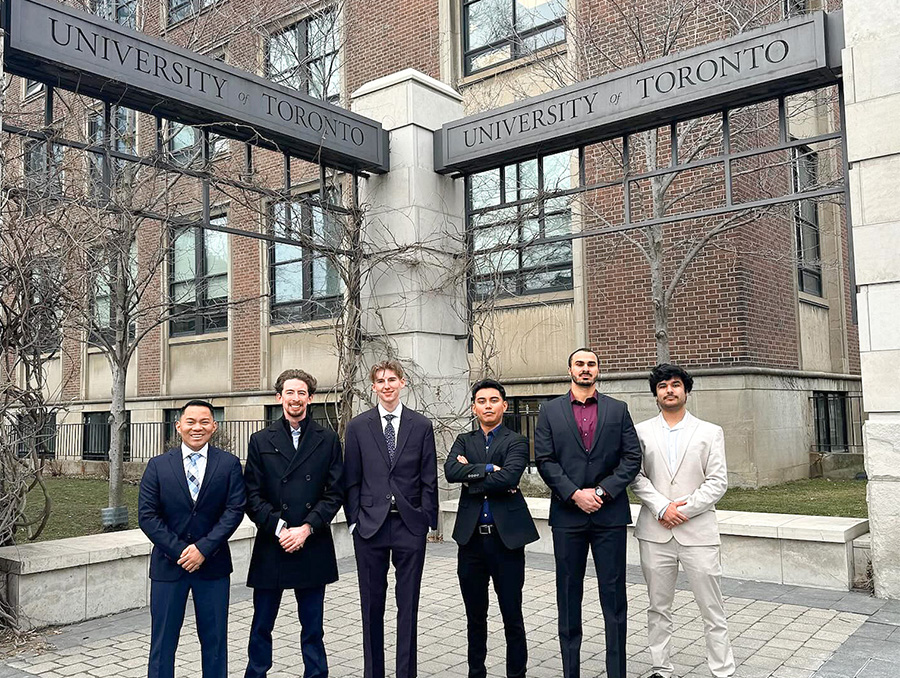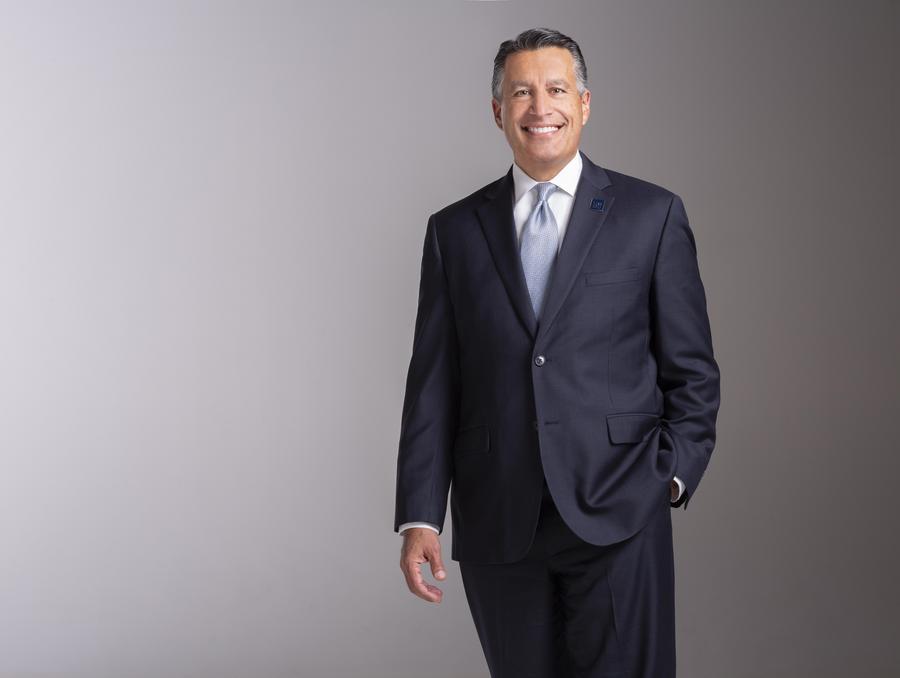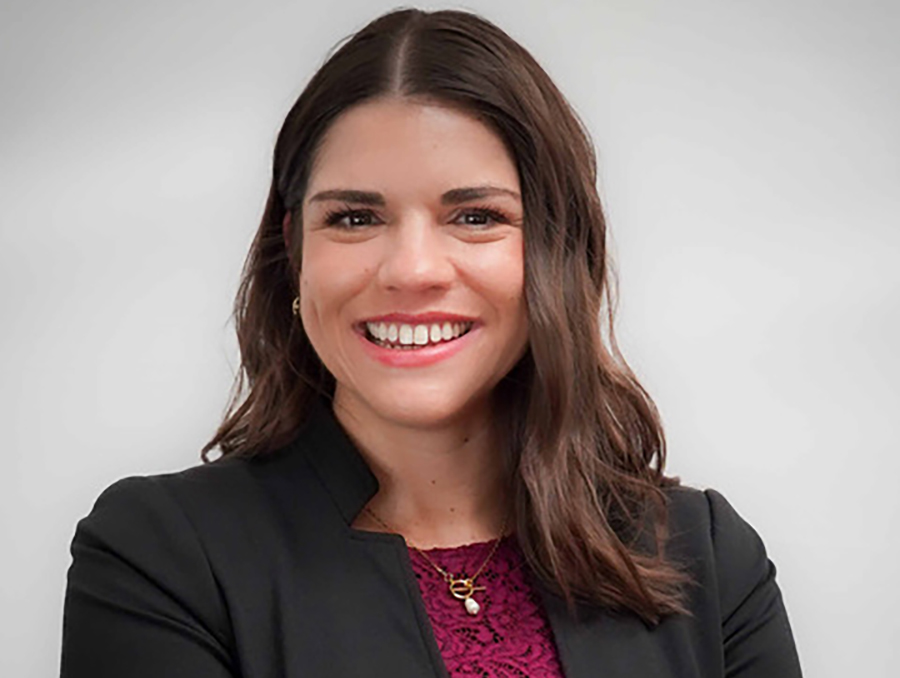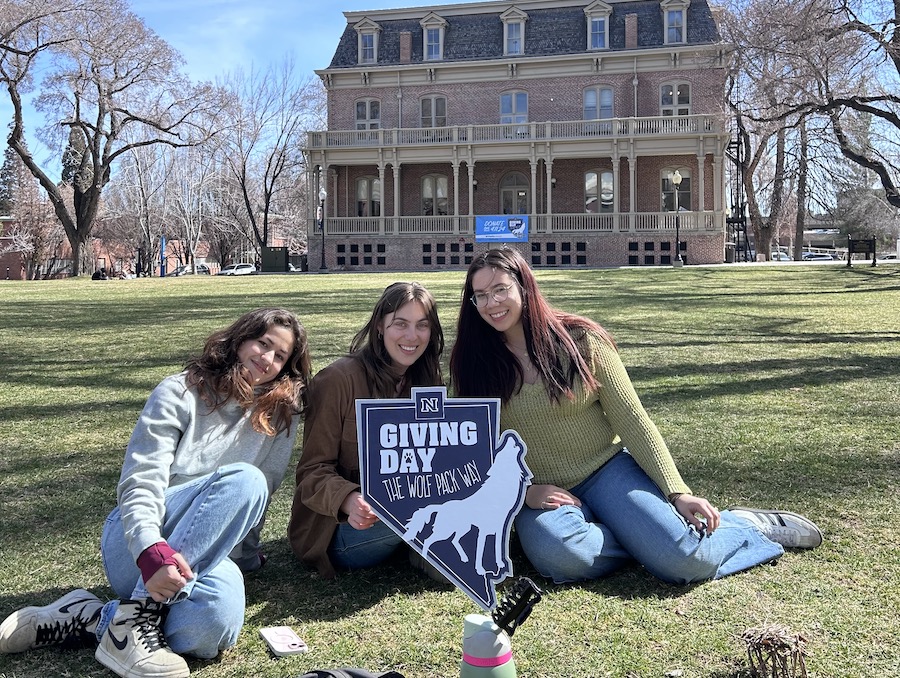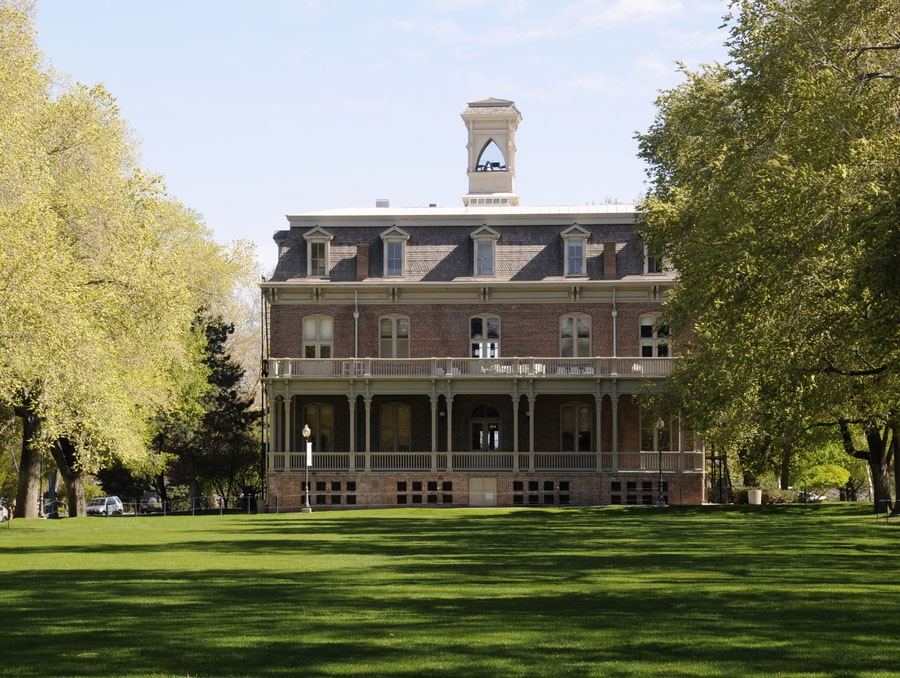Voice-synthesizers that turn typed words into speech, like the one used by physicist Stephen Hawking, offer different voices that can speak at different speeds. New research shows that certain voice-speed combinations are more easily understood than others.
Approximately 2 million Americans are unable to communicate by speaking or by writing notes because of injury or illness. The rate is more than 4 in 100 for people 85 and older.
Often that's because of a progressive neurological disease or a stroke. Hawking, 65, suffers from the neurodegenerative disease amyotrophic lateral sclerosis, often called Lou Gehrig's disease.
A team of faculty in the University of Nevada School of Medicine's Department of Speech Pathology and Audiology decided to look at how well different voice-synthesis systems could be understood by people of various ages. Their project was supported by a pilot grant from the University's Sanford Center for Aging.
The most popular synthesized voice turned out to be that of an adult female, named 'Sarah' although listeners 65 and older liked the adult male, 'Michael,' the best. All listeners, but especially women, liked faster synthesized talking better than slower, the researchers found.
Generally, the older the listeners were, the better they understood synthesized speech up to age 65, when comprehension fell.
The researchers caution that these are preliminary findings based on analysis of single words. They still have to analyze data for phrase- and sentence-level comprehension. However, they say the findings suggest that people who train users of synthesized speech systems need to customize the systems to meet the needs of both the users and likely listeners. Also, they should take into account the environment in which the devices will be used.
The researchers Shelley Von Berg, Dennis Uken, Thomas Watterson and Stephen McFarlane presented their findings in March at the annual meeting of the Association of Gerontology in Higher Education.
Ed Cohen, editor for the Sanford Center for Aging, can be reached at egcohen@unr.edu.





